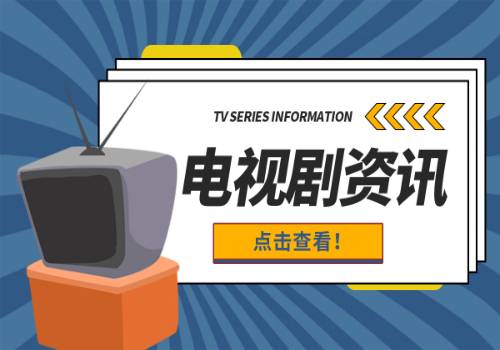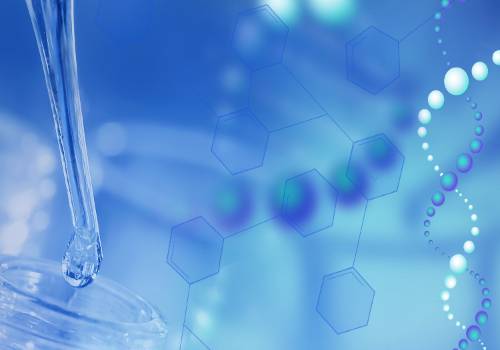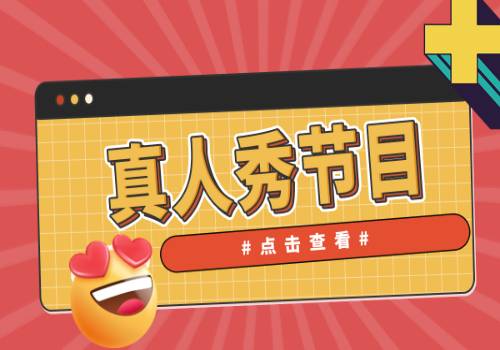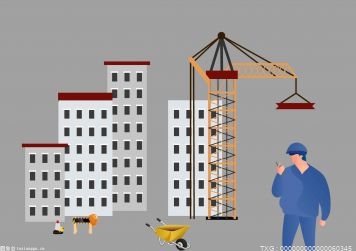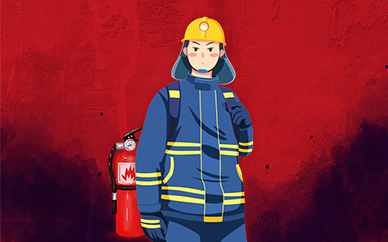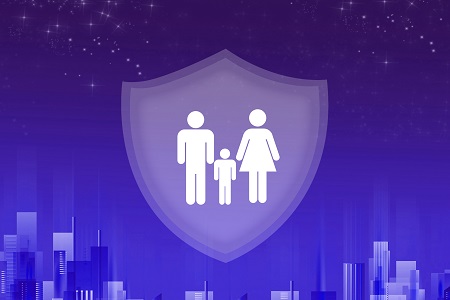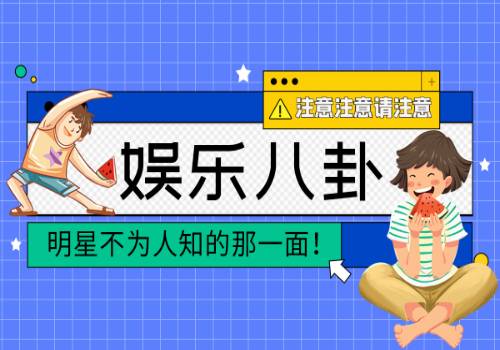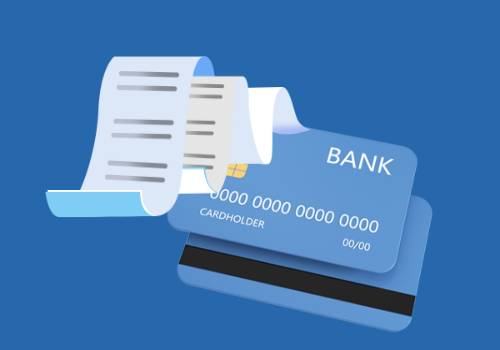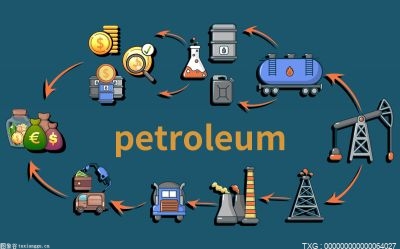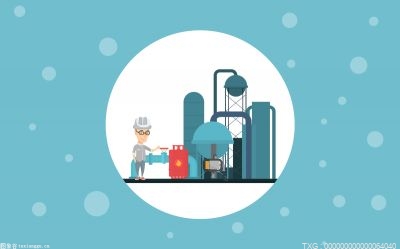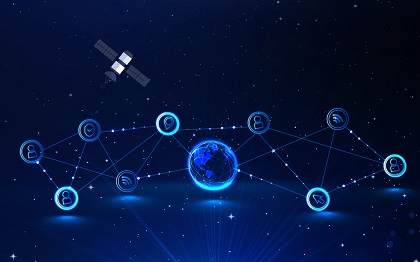 (资料图)
(资料图)
Credit: Visual China
BEIJING, June 30 (TiPost) —— Yacimientos de Litio Bolivianos(YLB), Bolivia"s state-owned lithium mining company, signed a framework agreement with CITIC Guoan Information Industry on Thursday local time to work together on lithium resource mining, refining, processing, and sales.
Lithium resources are still in a tight supply situation in the long run. Although China has accelerated its lithium resource development, the grade of lithium resources is generally not high.
CITIC Guoan Information Industry is the second Chinese company that has won the bid for a lithium salt lake development project in Bolivia After CATL.
A Russian company called Uranium One also signed a similar agreement with the Bolivian company. The Chinese and Russian companies will build plants in Uyuni and Pastos Grandes, respectively, both with an annual capacity of 25,000 tons of lithium carbonate.
YLB and CATL had signed a similar framework agreement. Bolivia issued a request for bids from global companies in April 2021 to develop Bolivia"s domestic salt lakes with direct lithium extraction technology. CATL, CITIC Guoan, and Uranium One were the final winners. Sources close to CITIC Guoan said that project exploration and plant construction preparations will follow, and business contract negotiations will be launched in the same period, involving specific terms such as the production ratio and price of the product. The construction of the plant is expected to start in late 2023 or early 2024, with an investment of about $800 million. If all goes well, the plant is expected to be ready for operation in 2025.
The source said that the biggest uncertainty of the current project is the efficiency of the local government. However, Lithium carbonate is a key raw material for lithium batteries, and in the past two years, battery demand has skyrocketed with the shift of the automotive industry to electric vehicles. Upstream raw material companies cannot expand production, leading to lithium carbonate prices rising 10 times from 2021 to 2022. Under the pressure of supply and profits, Chinese companies began to look for lithium resources around the world, and Bolivia"s untapped recourses have received attention.
Bolivia, Argentina, and Chile are known as South America"s “lithium triangle,” with Bolivia"s lithium resources ranking among the largest in the world. According to the U.S. Geological Survey, the global lithium resources in 2022 were about 98 million tons, and Bolivia"s resources amounted to 21 million tons, accounting for 21.4% of the global total.
The Chilean and Argentinean salt lakes were developed earlier. The most mature lithium salt lake project is Atacama in Chile, where Chilean chemical mining company SQM and U.S. lithium salt giant Arbor jointly hold their mining rights, and Chinese company Tianqi Lithium holds about 22.16% of SQM"s shares. Argentina"s Hombre Muerto and Cauchari Olaroz salt lakes also have stable output.
Despite of the largest lithium resources in Bolivia, the country has the lowest mining progress. Data from the Bolivian Bureau of Statistics show that the country exported only 635.5 tons of lithium carbonate in the first 11 months of 2022.

